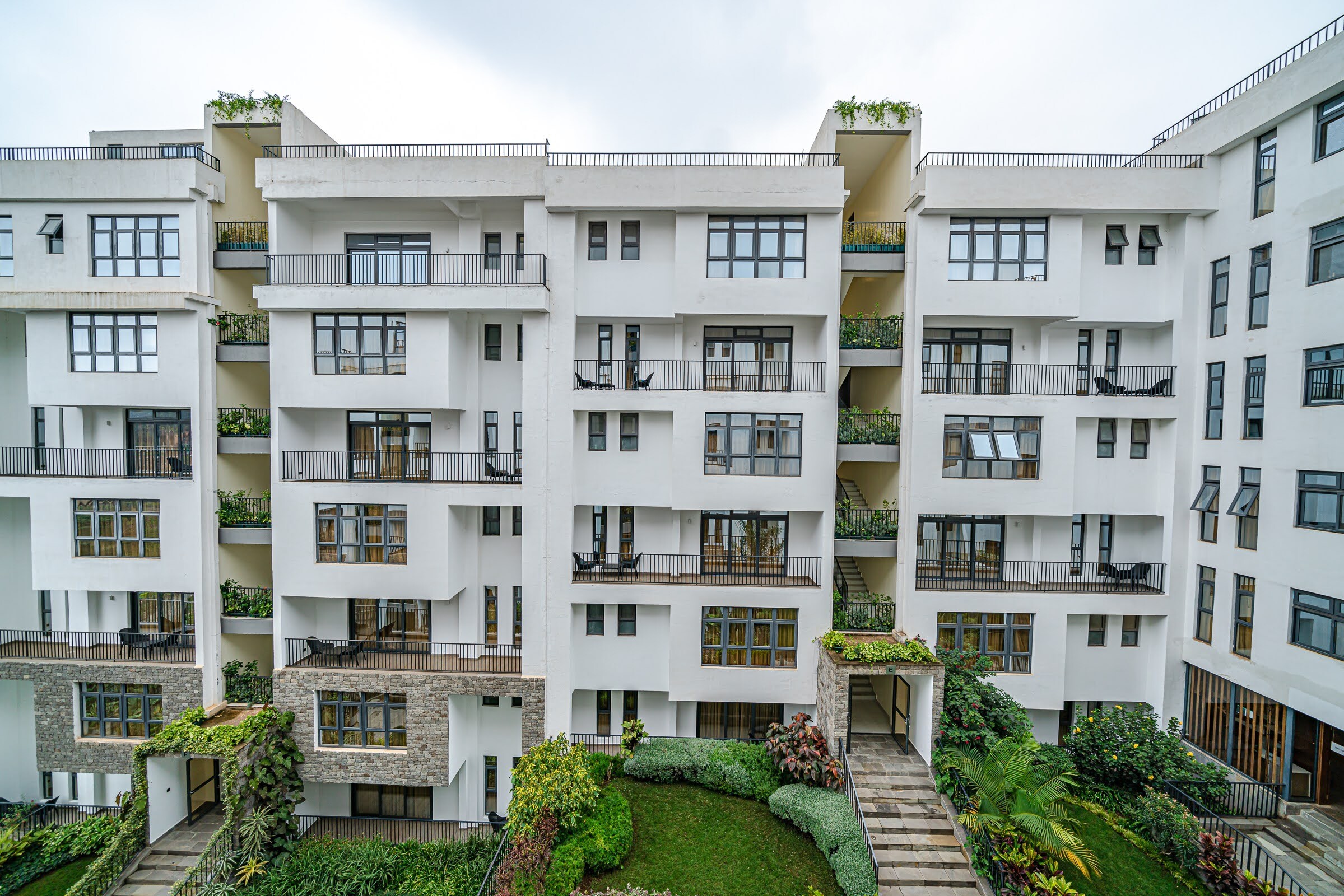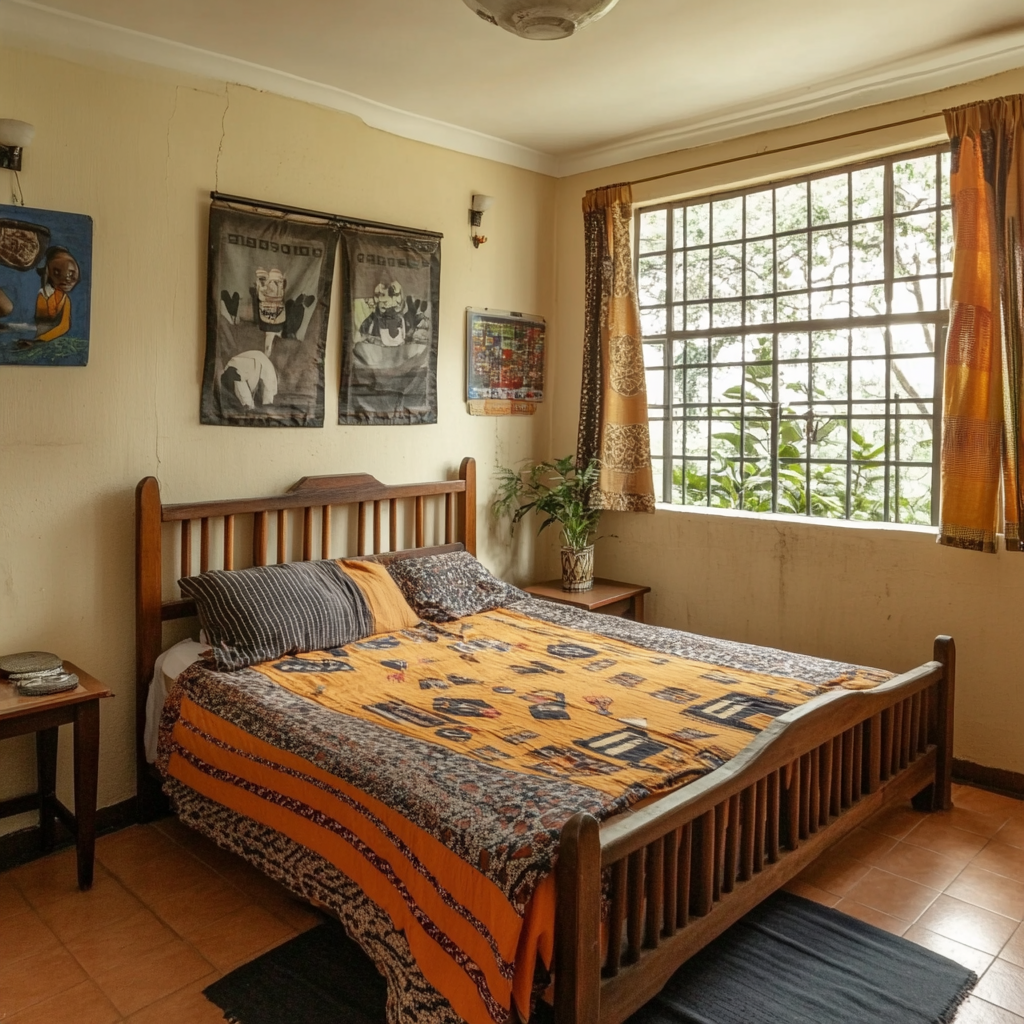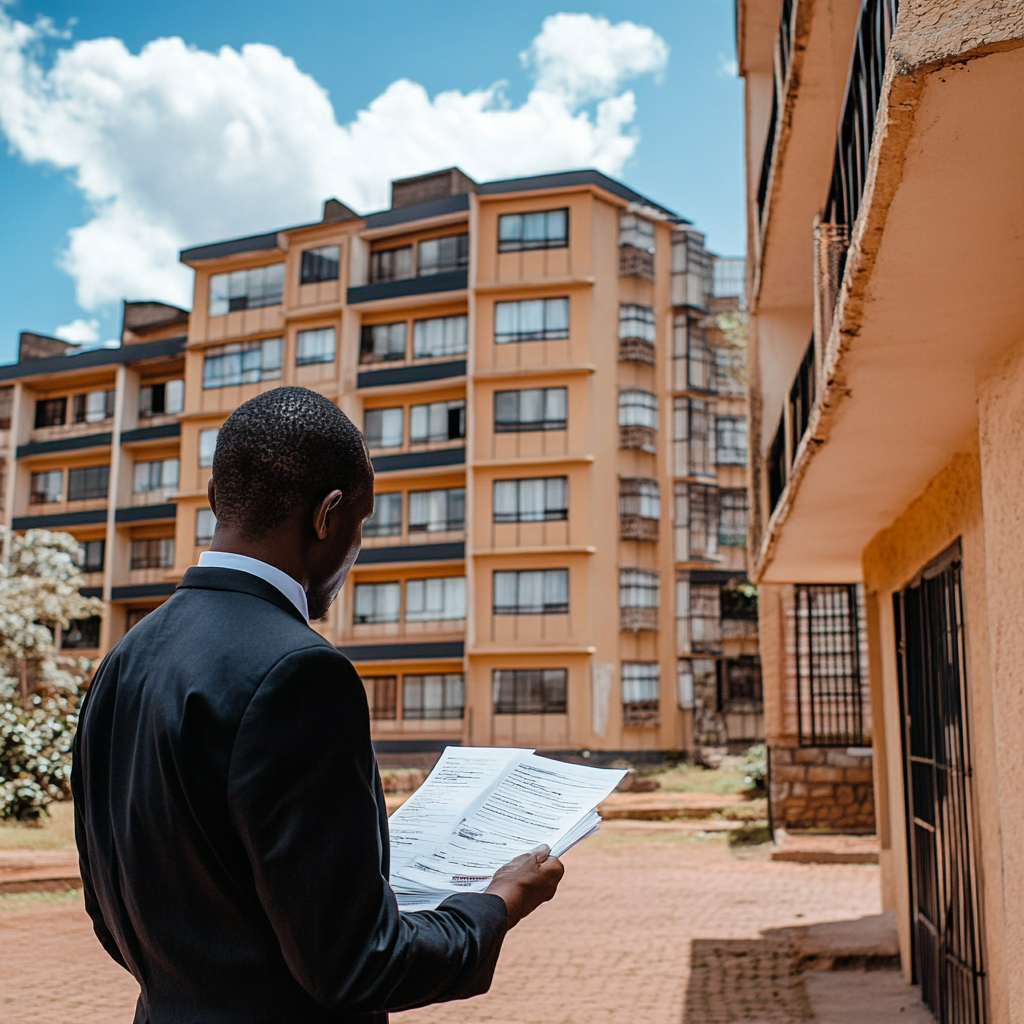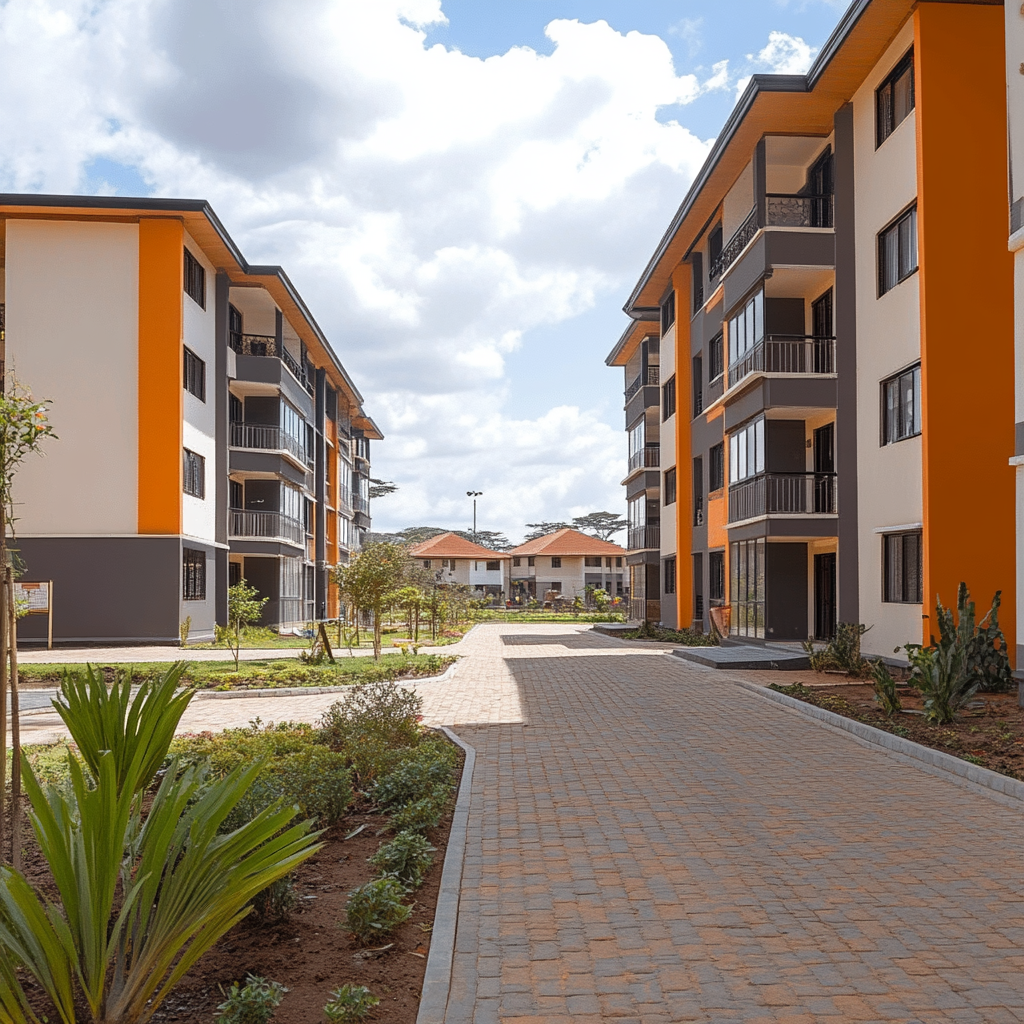
8 Proven Tips to Become a Successful Landlord in Kenya
8 Proven Tips to Become a Successful Landlord in Kenya
Being a landlord in Kenya can be both profitable and fulfilling if approached strategically. With the right knowledge, preparation, and management skills, you can turn your rental properties into a sustainable source of income. This comprehensive guide will help you master the essentials to become a successful landlord in Kenya.
1. Know and Comply with Your Legal Responsibilities
To become a successful landlord in Kenya, start by understanding your legal obligations. Compliance with local government regulations, zoning laws, and safety standards is crucial. The legal framework governing rental properties in Kenya ensures fairness and protects both landlords and tenants.
- Security Deposits: Kenyan law requires landlords to manage security deposits responsibly. This amount acts as a safeguard for damages but must be returned if no issues arise at the end of the tenancy.
- Ownership Disclosure: Always provide full disclosure about your property ownership. Transparency builds trust and prevents disputes.
- Tenant Rights: Tenants in Kenya have rights, including protection from illegal evictions and privacy in their rented space. Always give advance notice before property inspections or repairs.
Non-compliance with these regulations can result in potential fines or legal issues, which could affect your rental income profitability and sustainability. A report by the National Housing Corporation states that compliance improves tenant satisfaction by up to 30%.
Kenyan law also emphasizes adherence to building codes and safety standards. As a landlord, you are responsible for ensuring that your property is habitable and meets these standards. Failure to comply could result in penalties or even the closure of your rental business.
2. Conduct Comprehensive Tenant Screenings
Finding the right tenants is essential for a hassle-free rental business. Proper tenant screening reduces risks and ensures a steady income.
- Background Checks: Check tenants’ credit history, employment stability, and rental history. This helps verify their ability to pay rent on time.
- References: Contact previous landlords for insights into the tenant’s behavior. Were they punctual with payments? Did they respect property rules?
- Red Flags: Avoid tenants who exhibit inconsistency in their documentation or fail to meet essential requirements.
By screening tenants thoroughly, you minimize the risk of defaults and establish a strong foundation for a positive landlord-tenant relationship. Studies that landlords who implement strict screening policies experience 20% fewer disputes.
Additionally, creating a tenant profile for your ideal renter can simplify the screening process. For instance, if your property is located near a university, targeting students or academic professionals can ensure consistent demand. Similarly, urban properties might attract young professionals seeking convenience and accessibility.

3. Keep Your Property in Prime Condition
A well-maintained property attracts quality tenants and ensures rental income sustainability. In Kenya, landlords are responsible for structural integrity and essential utilities.
- Preventive Maintenance: Regularly inspect for plumbing leaks, electrical faults, and structural damage. Addressing minor issues promptly prevents costly repairs later.
- Tenant Maintenance Requests: Be responsive to tenant complaints. Fixing problems quickly shows you value their comfort and safety.
- Upgrades: Consider upgrading or renovating the property periodically. Modern amenities increase tenant satisfaction and allow you to charge competitive rates.
Properties in good condition can achieve up to 15% higher rental yields compared to poorly maintained ones. For example, homes with solar energy installations in Kenya’s urban areas fetch 10% higher rent.
Another aspect of property maintenance is curb appeal. First impressions matter, and a clean, well-maintained exterior can significantly impact your ability to attract tenants. Regular landscaping, repainting, and ensuring that communal areas are clean can enhance the value of your property.

4. Set Competitive and Attractive Rental Rates
Pricing your rental property correctly is key to attracting tenants while covering expenses and generating profits.
- Market Research: Analyze rental prices in your area. Consider factors like property size, location, and amenities.
- Avoid Common Pitfalls: Charging too much can deter tenants, while charging too little may not cover your expenses. Strive for a balance.
- Adjust Rates as Needed: Monitor market trends and adjust your rates accordingly. Properties in high-demand areas such as Nairobi, Mombasa, or Nakuru often command premium rates.
For instance, a well-located 2-bedroom apartment in Nairobi’s Kilimani area can fetch between KSH 60,000 and KSH 80,000 monthly. Keeping your rates competitive ensures consistent occupancy and maximizes profitability. According to Kenya’s Real Estate Trends Report 2024, properties priced 5% below market rates achieve 90% occupancy within a month.
Another critical factor is understanding your operating costs. Calculate all expenses, including maintenance, taxes, and loan repayments, to ensure your rental rates cover these costs while leaving room for profit. This approach safeguards your financial stability while keeping tenants satisfied with reasonable pricing.

5. Build and Maintain Positive Relationships with Tenants
Positive relationships with tenants are the cornerstone of a successful rental business. Good communication and fair practices foster loyalty and minimize turnover.
- Respect Privacy: Always provide advance notice before entering the property for inspections or repairs.
- Avoid Favoritism: Treat all tenants equally to maintain professionalism and prevent conflicts.
- Resolve Issues Quickly: Address disputes amicably and find fair solutions. Tenants are more likely to renew leases when they feel valued and heard.
Happy tenants often stay longer, reducing vacancy rates and ensuring a steady income stream. According to research, retaining tenants reduces costs by up to 30% compared to constantly finding new ones.
Building a sense of community among tenants can also enhance retention. Hosting occasional events or creating a platform for tenants to share concerns and suggestions can foster a positive environment. A harmonious relationship with tenants not only improves their experience but also protects your reputation as a landlord.
6. Focus on Attracting the Right Tenants
Understanding your target audience is essential for positioning your property effectively.
- Young Professionals: Focus on offering modern apartments with reliable internet and proximity to business districts.
- Students: Affordable housing near universities like the University of Nairobi or Kenyatta University is highly sought after.
- Families: Spacious homes with secure neighborhoods appeal to families seeking long-term rentals.
Tailoring your property to meet specific needs increases demand and minimizes vacancies. For example, family-oriented properties with playgrounds and nearby schools are highly preferred. Similarly, offering fully furnished units can appeal to expatriates or temporary workers.
7. Right Forms and Agreements
Lease agreements and rental contracts are crucial for protecting your interests as a landlord. They outline expectations and minimize misunderstandings. Include the following in your agreements:
- Tenant and Occupant Details: Clearly list all tenants and their contact information.
- Property Description: Specify the property’s address and included amenities.
- Rental Terms: Detail the rent amount, due dates, and penalties for late payments.
- Maintenance Policies: Define responsibilities for repairs and upkeep.
Clear agreements reduce disputes and protect you from legal challenges. Research indicates that detailed lease agreements reduce conflicts by 40%.

8. Stay Updated with Rental Market Trends
The Kenyan real estate market is dynamic, influenced by factors such as economic conditions and urbanization. Staying informed helps you adapt and thrive.
- Urbanization Rates: Rapid urbanization in Kenya has increased demand for rental properties in cities like Nairobi and Mombasa.
- National Housing Corporation Data: Their recent report highlights a shortage of 2 million housing units, signaling opportunities for landlords.
- Government Policies: Tax incentives for rental property owners can boost profitability if leveraged effectively.
Regularly reviewing market reports and consulting industry experts ensures you stay competitive.
Conclusion
Becoming a successful landlord in Kenya requires strategic planning, legal compliance, and effective property management. By following these tips, you can build a sustainable and profitable rental business while maintaining positive relationships with your tenants. Start applying these strategies today to achieve your goals and make the most of Kenya’s dynamic rental market.
Frequently Asked Questions
Topics
Countries
Author

Fahm Bekele
Agent
Share on Social Media
Share
Subscribe To Our Newsletter






